The new prophecy mentions that Xi will face a rebellion from the military and local warlords. The image shows the representatives of the Chinese military attending the Two Sessions in Beijing. (Video screenshot)
[People News] The Fourth Plenary Session concluded on the 23rd, yet the internal power struggles within the Communist Party continue unabated. On the 26th, sources revealed that Xi Jinping's most trusted confidant, Zhong Shaojun, has been dismissed. Additionally, Miao Hua and He Weidong had secretly established a personal armed force for Xi Jinping in the Langfang area, but the coup attempt failed, leading to the complete collapse of the unit.
Xi Jinping's Key Confidant Dismissed
On October 26, independent commentator Cai Shenkun reported that the official website of the Chinese Embassy in North Korea inadvertently disclosed that Zhong Shaojun, the former Political Commissar of the National Defence University, has been quietly dismissed. The position has now been filled by General Xia Zhihe.
At 57 years old, Zhong Shaojun is the youngest member of the Central Committee. He has been Xi Jinping's personal secretary since 2002, following him from Zhejiang to the political centre in Beijing. Despite having no military background, Xi Jinping appointed him as the Director of the Military Commission Office. Observers believe that Zhong Shaojun is a key confidant of Xi and symbolises Xi Jinping's grip on military power. However, last month, Zhong was not only removed from his role as Political Commissar of the National Defence University but also retired from active service, marking an early exit from the political scene.
This has sparked speculation: Is this dismissal connected to Xi Jinping's diminishing power and his inability to safeguard his most trusted aide? Or has Zhong Shaojun been deemed politically disloyal, prompting the suspicious Xi Jinping to take drastic action?
Cai Shenkun noted that Zhong Shaojun is Xi Jinping's most trusted informant within the military, but whether he can navigate this situation safely remains uncertain.
According to the Taiwan Liberty Times, commentator Jiang Sen-zhe views the recent incident as a significant indicator of Xi Jinping's diminishing military authority. Zhong Shao-jun has been Xi Jinping's personal secretary for 18 years, serving not only as his military steward but also overseeing the implementation of Xi's accountability system as Chairman of the Central Military Commission, supervising the entire armed forces, and assisting in military reforms. A key group for Xi Jinping's personnel decisions is the Zhi Jiang New Army, where Zhong Shao-jun plays a crucial role in helping Xi manage military affairs. His position is particularly notable. Last April, during the peak of the internal conflict between Xi Jinping and Zhang You-xia, Zhong Shao-jun was unexpectedly and quietly reassigned to the National Defence University. If Xi Jinping had identified any serious issues with Zhong and decided to take decisive action, he would have detained him rather than transferring him to another unit at the same rank. There is no justification for Xi to assign such an important figure as Zhong Shao-jun to a mere nominal position at the National Defence University. If Xi cannot even safeguard someone as vital as Zhong, how much military power does he truly have left?
In an exclusive report, former Chinese media figure Zhao Lan-jian, who revealed the arrest of Central Military Commission Vice Chairman He Wei-dong, stated on April 24 that the case involving Miao Hua and He Wei-dong's 'gang political' activities has been disseminated throughout the military, with alarming charges leading to a severe purge within the armed forces.
Independent scholar Wu Zuo-lai, who closely monitors the political landscape of the Chinese Communist Party, published an article on August 15 in Taiwan's Central Radio Station (RTI), asserting that a 'military coup' has already taken place, and a 'political coup' is currently in progress.
Media reports indicate that, based on internal information from Beijing, Miao Hua and He Weidong were removed from their positions due to their involvement in a military coup intended to assist Xi Jinping in regaining power. However, the coup failed, leading to the complete collapse of the military, and many individuals have since vanished. Miao Hua and He Weidong were arrested under charges related to a 'gang political' case, which is essentially the anti-Xi faction holding Xi Jinping accountable for their actions.
Exiled legal scholar Yuan Hongbing previously received internal information stating that, following Miao Hua's downfall, he disclosed the identities of up to 1,300 military personnel, including nearly a hundred high-ranking officials at the general and lieutenant general levels.
The abrupt removal of Zhong Shaojun from the political scene likely signifies a continuation of Zhang Youxia's and the elders' ongoing purge of the military and their investigation into the coup participants.
Xi Jinping Forms a Private Army
On October 25, former Central Party School professor Cai Xia revealed in her self-media program 'Fangfei Time' that Miao Hua and He Weidong had secretly established an armed force in the Langfang area, which operates completely independently of any existing war zones, military districts, or the conventional military structure. This force is officially at the deputy division level, but its equipment and resource allocation meet the standards of a deputy army level. Furthermore, this force takes direct orders from Miao Hua and He Weidong, without accepting any directives or interference from other military institutions.
Cai Xia stressed that the purpose of this force's formation is clear; it serves as a private armed force specifically designed for Xi Jinping by Miao Hua and He Weidong, effectively functioning as Xi's 'private army.' Its location in Langfang was strategically chosen due to its proximity to Beijing, facilitating rapid deployment at critical moments to provide close protection and support for Xi Jinping whenever necessary.
Cai Xia believes that Xi Jinping is confronted with two significant challenges: the armed forces, specifically the military, and the political group, mainly the elder faction of the Communist Party of China (CPC). At present, there is a temporary balance of terror between Xi Jinping and the armed forces, with Zhang Youxia refraining from taking action against him. Xi Jinping's associates, including Miao Hua and He Weidong, have devised several armed operations aimed at taking down Zhang Youxia, but ultimately, their goal is either to capture him alive or to eliminate him in combat.
Cai Xia describes the current situation in Zhongnanhai as 'hesitant to act for fear of repercussions.' The elder faction seeks to restrain Xi Jinping, preventing him from recklessly endangering the CPC's regime. However, they are also concerned that if Xi Jinping engages in a confrontation with Zhang Youxia, it could lead to the downfall of the CPC's regime. Should the elder faction become dissatisfied and choose to confront Xi, the existing balance of terror between him and the military would be disrupted.
Some analysts believe that Zhang Youxia is apprehensive about a prolonged stalemate and is unlikely to permit the situation to remain in deadlock for an extended period.
Additionally, observers have noted that during the opening of the Fourth Plenary Session of the 20th Central Committee, 37 members of the Central Committee were absent, along with 20 alternate members, totalling 57 individuals.
According to the communiqué from the Fourth Plenary Session of the 20th CPC Central Committee, released by the Ministry of National Defence of China, nine individuals, including He Weidong, Vice Chairman of the Central Military Commission, have been expelled from the Party, all of whom hold the rank of General.
Recent media reports indicate that among the 37 members of the Central Committee who were absent from the Fourth Plenary Session, 27 are affiliated with the military. This means that out of the 42 Central Committee members from the military, 27 were absent, leading to a striking absence rate of 63% for military members. The communiqué from the Fourth Plenary Session reveals that Zhang Shengmin (张昇民) has been appointed as the Vice Chairman of the Central Military Commission, but he has not been included in the Politburo. Notably, none of the 11 newly appointed Central Committee members are from the military, highlighting a significant exclusion of the military from the party's decision-making processes.
It seems that following the military upheaval involving Miao Hua (苗华) and He Weidong (何卫东), the extensive purging and investigations within the military are still ongoing. Although there are still vacancies in the Central Military Commission, Zhang Youxia (张又侠) is not rushing to fill these positions. The vetting process for promotions has become particularly meticulous, emphasising the importance of quality over quantity, and ensuring that Xi Jinping's (习近平) faction does not infiltrate the leadership remains a top priority. △

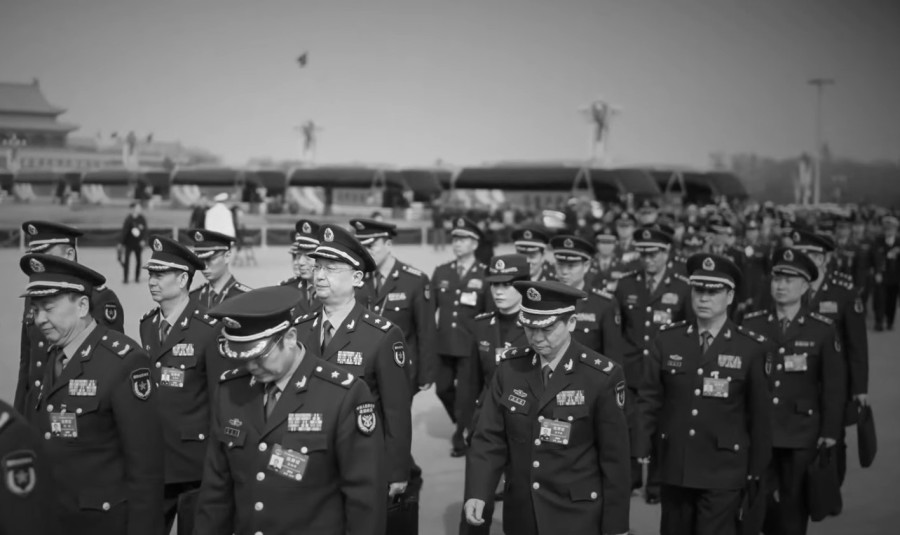




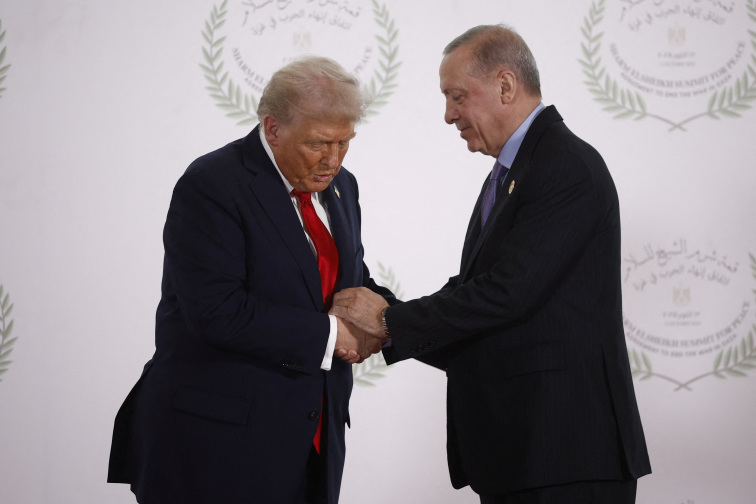
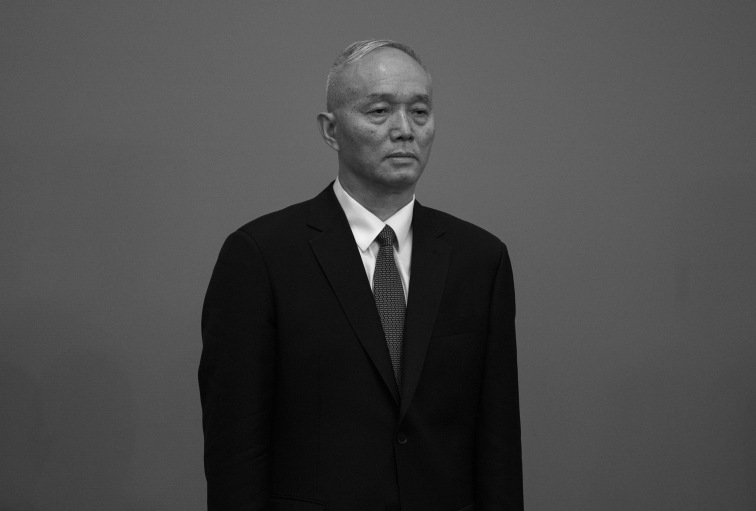
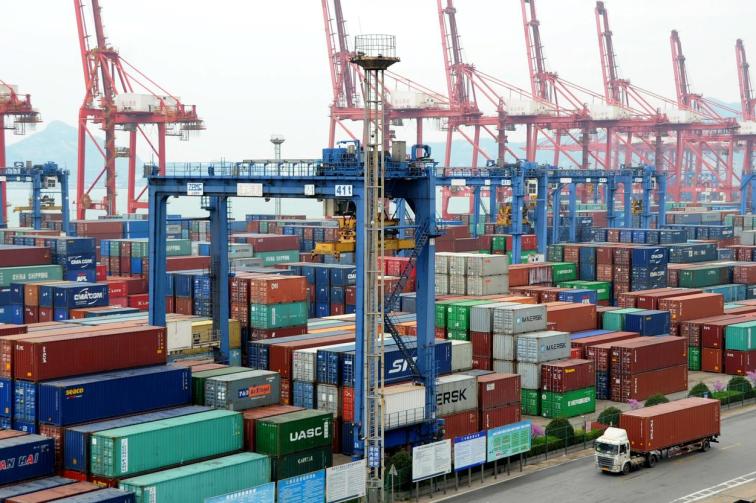
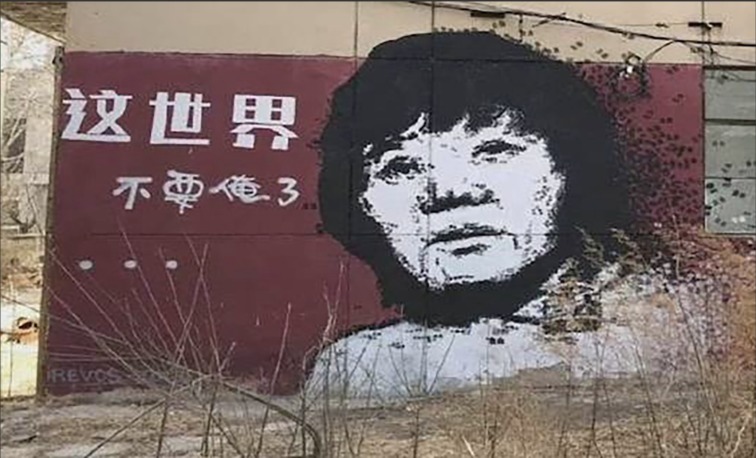

News magazine bootstrap themes!
I like this themes, fast loading and look profesional
Thank you Carlos!
You're welcome!
Please support me with give positive rating!
Yes Sure!